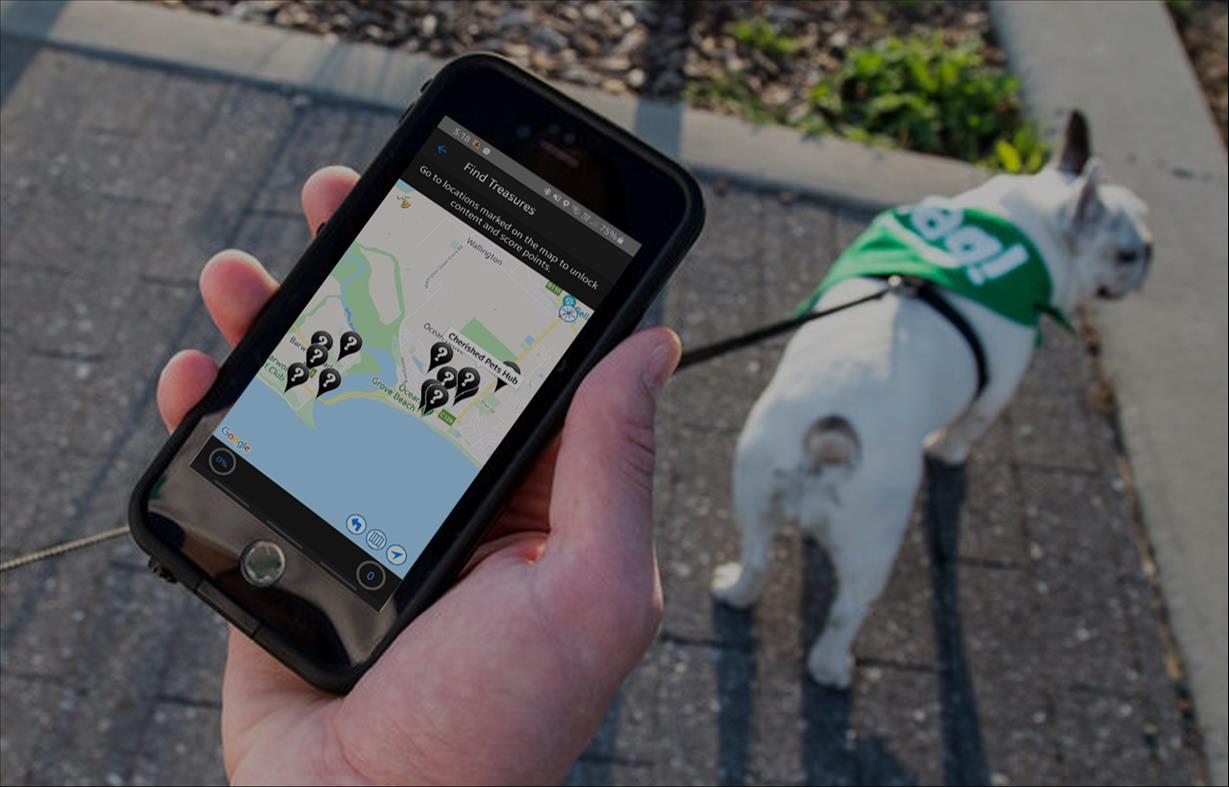Margaret, 63, loves playing on the web Scrabble commonly with her sister who lives thruway. The electronic game allows a peppy strategy for keeping in contact when geologically distant.
Tom, 70, tracked down the enjoyment of Wordle
and conferred his ordinary outcomes to friends. Penelope, 67, gets online to
play Roblox games with her grandchildren who are living expressway.
These are two or three occurrences of the
various ways more settled adults are gaming across Australia.
How we can use gaming to support positive aging (and support our relationships with our pets, too)
During the pandemic lockdowns, games were not
simply spaces for the ordinary creative minds and easygoing training, yet a strategy
for blending and remaining in shape - both mentally and truly. So much so that, in
2020, the World Prosperity Affiliation perceived the open and social power of
games for success.
Regardless of the way that the all-around
ordinary gamer is a respectably mature woman, ageist speculations about gamers
continue to stream, reflecting greater inborn ageisms introduced inside
Australian culture.
Maybe we could turn this issue on its head.
Perhaps we could use games to connect perpetually developing perfect, making
traverses between the ages - and even work on our relationship with animals
meanwhile.
Developing perfect
More prepared adults are one of the most novel
buddies of development clients, from "silver surfer" trailblazers to
individuals who have little understanding or conviction.
Victoria's Developing Extraordinary Report
records eight credits to developing perfect: energy, reason, respect, social
affiliation, keeping up in an affecting world, money related/individual
security, prosperity freedom, and adaptability.
An enormous number of these properties can be in general through games and play.
In our survey into adaptable game practices in
Australian homes, we found different habits by which games offer
intergenerational ways for blending, affiliation, and creative minds.
Word games like Scrabble and Wordle have been
shipped off to add carefree, social viewpoints to people's lives: more prepared
adult family playing on the web normally, or grandparents playing with
grandchildren interstate.
Game applications like Pokémon Go have been used
to move more prepared adults to rehearse and blend.
In countries as varied as Japan and Spain, the
power of Pokémon Go has worked on various parts of ordinary day-to-day presence
- from getting adaptable and finding close by neighborhoods to playing together
supportively to win contests.
Game sorts, for instance, "social
liberties" and "games for change" have been passed on to
determine complex issues, and senior abuse in new ways by giving safe
spaces to overhaul compassion and reshape perceptions.
In our assessment, we went with and conversed
with additional laid-out adult players in Badalona, Spain about their usage of
Pokémon Go.
In the city of Badalona, seeking after Pokémons
was clearly about intergenerational play and sociality. The game was such headway in more settled adult reclamation by causing exercise silliness and
social that social workers started to suggest it as a part of their prosperity
plans.
There is a forming assortment of assessments into
games for intergenerational affiliation. However, the occupation of games to
work on our relationship with animals has been disregarded - no matter what the
truth animals expect a central part in our contemporary associations.
Our closest friend
Australians love their animals: one of each and
every three blessing animals to individuals.
No matter what this reality, animal companions
are not perceived in Australia's developed thought plans. This infers various
more prepared adults can be frustrated by the structure.
For by far the most prepared adults, animal
partners are fundamental to their social and real thriving.
Modernized games like Drifter see the player
expect the occupation of a lost cat. Such games can work on our compassion
toward animals, yet there is a bungled entryway tantamount to the
human-animal bonds developing perfectly.
The human-animal association is a space ready
for progressing cooperation which could improve the possibility of developing
perfectly.
During the pandemic lockdowns, Melbourne's
Regarded Pet Foundation tried different techniques to help their neighborhood
including the use of games.
Pet Playing for Placemaking (co-arranged by
Jacob Sheahan) invited more settled pet individuals and close-by neighborhoods
to accessory up and fight in undertaking style progressing association.
More prepared pet individuals, confined in
flexibility and powerless against contamination, completed electronic
riddles which reveal spots where their play assistant (usually a laborer or
neighbor) can walk their pet and track down additional moves that lead to
various spots.
Individuals definite they found the game a great strategy for interacting with their region and their neighborhood and
it kept their pets lively, too.
The greatness of the gameplay
Developing incredibly is about sure and drawing in pathways for development across near and dear, physical and mental regions.
This can take many designs: social affiliation, cognizant associations, standard movement, and versatility.
Games can expect a working part in empowering developing, and improving social and intergenerational affiliation, compactness and prosperity.
While
the pandemic has uncovered limits to developing perfect, it has furthermore set
out open entryways. Maybe we as a need might arise to play more with developing
perfect?










0 Comments